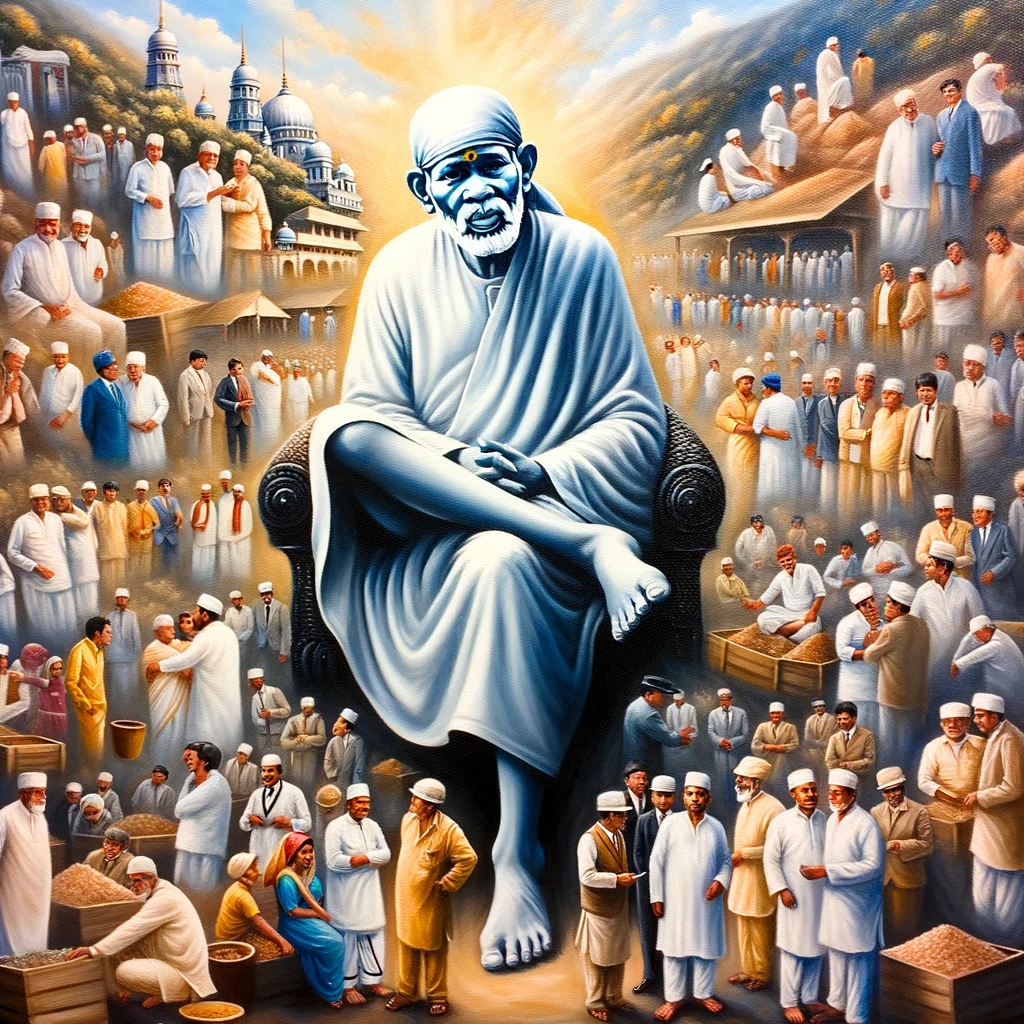
The Catalyst: Mantrabalam on NTV
This morning, I found myself glued to an episode of ‘Mantrabalam‘ on NTV, which turned out to be an illuminating spiritual journey. The program delved deep into the adornments and significances of Annapoorneswari Devi during the annual Navaratri festival. It was a refreshing pause from our busy lives, as it beckoned us to look beyond mere rituals and appreciate the profound philosophy underlying these age-old practices.
Lord Shiva as Adi Bhikshuvu: A New Understanding
What struck me most was the detailed explanation of why Lord Shiva is known as Adi Bhikshuvu. The moniker has a captivating backstory: Lord Shiva receives devotion and the six inner enemies—known as arishadvargas—of his devotees, offering ‘Mukthi’ (Freedom/Salvation) in return. This beautiful exchange is symbolically captured in the image of Lord Shiva holding a begging bowl, standing next to Goddess Parvati adorned as Annapoorneshwari Devi.
The Act of Annadanam
The presenter eloquently tied this imagery into the act of annadanam, the giving of food. The concept here is fascinating: anyone who is hungry is an embodiment of Lord Shiva, making the act exceptionally dear to Goddess Parvati. This is a principle that transcends individual faiths and can be found echoed in the teachings of Shirdi Sai Baba.
The Necessity of Spiritual Insight
It’s not uncommon for us to be engrossed in the technicalities and lose sight of the spiritual richness these rituals offer. Mantrabalam reminds us to pause and rediscover the essence of these practices, restoring them from mere actions to acts filled with meaning.
Exploring Further: From Varanasi to Hornadu
If your interest is piqued, I recommend diving into the fascinating story of Goddess Annapurna and Varanasi. Additionally, Hornadu’s temple in Karnataka is a must-visit for anyone wishing to experience the grandeur of Annapoorneshwari Devi. According to lore, the idol at this temple was installed by Adi Sankara himself. For those of us closer to Hyderabad, the divine sight of Lord Shiva next to Goddess Parvati can be witnessed in Vijayawada’s Kanakadurga temple.

Reflecting During Navaratri
As Navaratri festivities unfold and many of us engage in fasting and other rituals, let’s pause and think about those who are fasting not by choice, but by necessity. This is an opportunity for us to make a difference, however small it may seem. One way to contribute is by supporting noble initiatives like Akshayapatra by ISKCON.
Conclusion
As we navigate through our busy lives, sometimes all we need is a small nudge to remind us of the deeper spiritual truths that can enrich our existence. Whether through a television program like Mantrabalam or through our own discoveries, let us strive to find depth in our devotion, not just during Navaratri but all year round.



